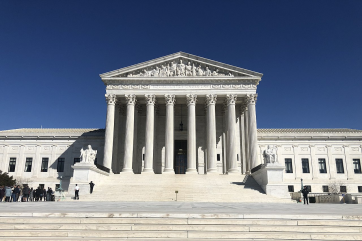Depression harms more than just the mind; it can also attack the body on a cellular level by speeding up the aging process, according to a study the Los Angeles Times reported.
In a study recently published in Molecular Psychology, researchers in California and the Netherlands said they found an association between major depressive disorder and the biological aging process.
"Overall, this study provides convincing evidence for the suggestion than an emotional stressful condition, such as MDD, may truly impact on the physical 'wear and tear' of a person's body resulting in accelerated biological aging," said lead author Josine Verhoeven, a psychiatric researcher at Amsterdam's VU University Medical Center.
Researchers found that people who suffered severe clinical depression for a period of two years aged seven to 10 years, when compared to people who do not suffer from the depression.
They used the length of telomeres - essentially protective caps at the ends of chromosomes that shorten every time a cell divides - to determine the impact of the disorder on the aging process. The length of telomeres has long been considered a marker of a cell's age, and older people and animals have been shown to have shorter telomeres.
Researchers divided more than 2,400 adult participants into three groups: those who'd been previously diagnosed with a major depressive disorder, those currently struggling with the condition, or those who'd never been depressed.
After examining the white blood cells of the participants, they found that people with clinical depression had shorter telomeres than their healthy peers, the Times reported.
"The most severely and chronically depressed patients had the shortest telomeres," Verhoeven said.
In the study, researchers said that although people who suffer clinical depression adopt unhealthy practices like heavy drinking and smoking, those factors did not fully account for the shortening of telomeres observed in the subjects.
Study authors said they could not prove a direct cause and effect, and there may be other factors at play.








